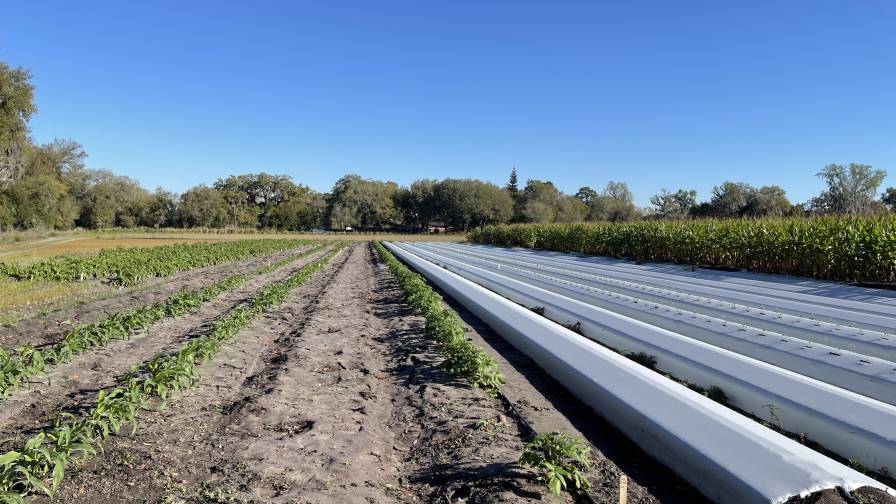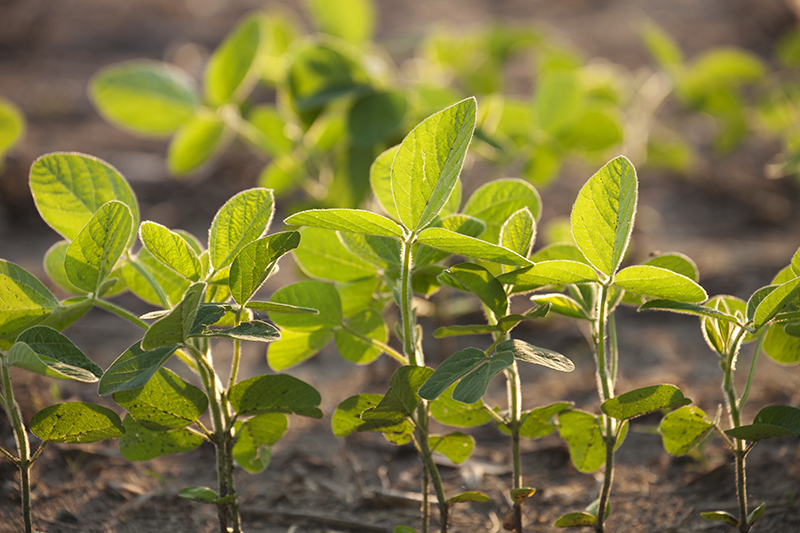The Bad News Keeps Piling Up for Glyphosate
When news first broke of Bayer reaching a settlement to eliminate most of the pending litigation concerning glyphosate in 2020, I thought perhaps things would finally settle down for the world’s most popular herbicide.
But I was wrong.
Just as a reminder, 2021 is the year that France’s Health and Environment Agency has vowed to phase out glyphosate use, per a promise made back in 2017 by President Emmanuel Macron. Although this restriction stops short of a full ban due to a lack of non-chemical alternatives in some areas, the country has already ceased using glyphosate as a weed killer in alleys between vines and fruit trees or in crop fields that are ploughed.
Then, in late November, the EPA released findings that more than 90% of endangered species are “likely to be adversely affected” by use of glyphosate, though mostly through non-agricultural uses. This evaluation was conducted to comply with the Endangered Species Act (ESA), which prohibits federal agencies from engaging in actions likely to “jeopardize the continued existence” of threatened or endangered species.
Once EPA analyzes the comments it receives from outside sources after the first of the year, it will issue a final report determining whether the use of glyphosate “may affect” ESA-listed listed species or their critical habitats. If so, the agency will have to consult with the Fish and Wildlife Service and National Marine Fisheries, which will prepare its own evaluations identifying ways to reduce those impacts, including introducing possible restrictions.
Of 1,795 species it looked at, the EPA report found 1,676, or 93%, were likely to be adversely affected by glyphosate applications. More than half of those, 940, are plants.
I know CropLife magazine recently published the results from its annual CropLife 100 survey, which found that 45% of respondents believed glyphosate would continue to experience push-back from various sources, with increasing pressure to find alternatives for its use in crop fields. Going into 2021, it appears these views were well founded indeed!






